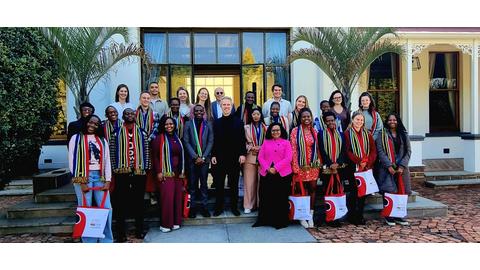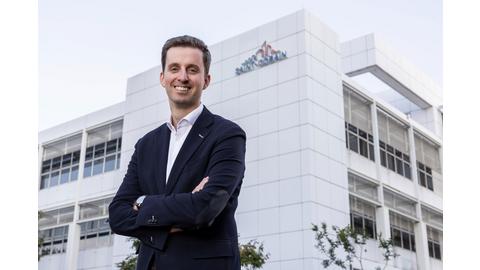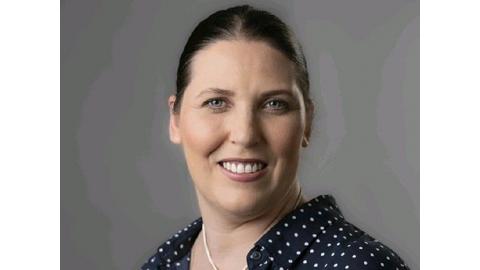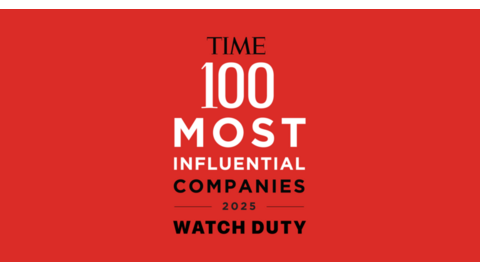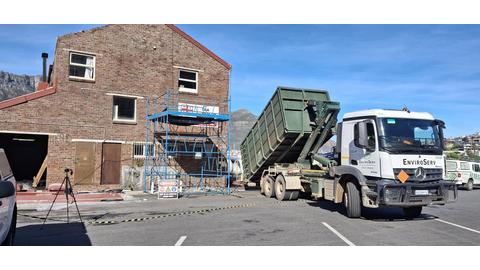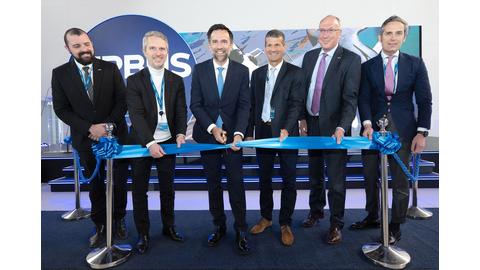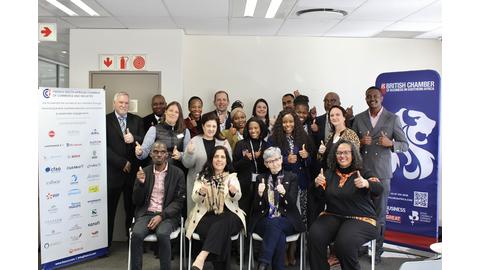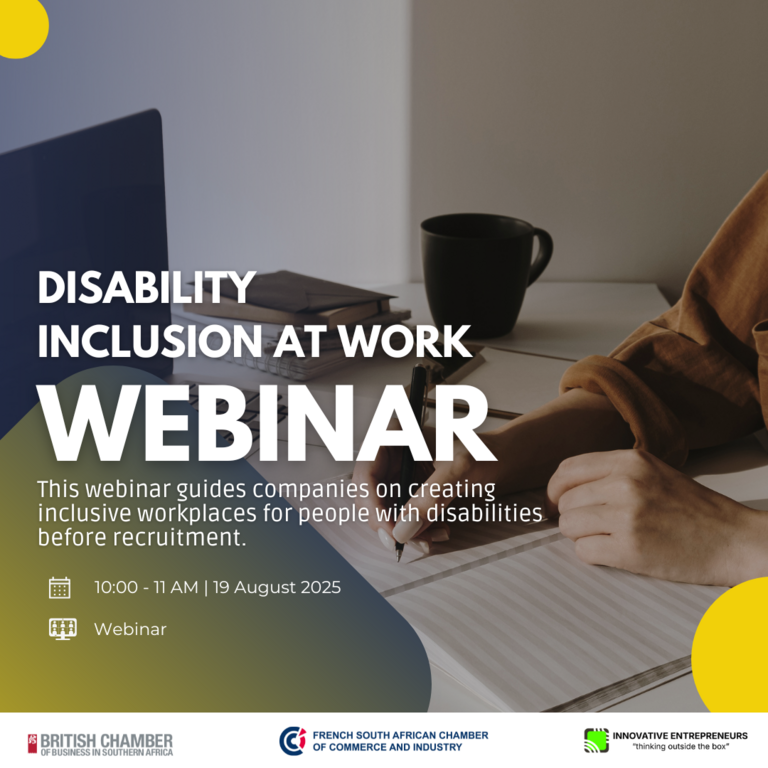Communication - Press
RATP Dev Unveils the “Mobility Trends Report: a compass for 2030”

Paris, 24 February 2025 – Public transportation is at a pivotal moment in history, undergoing unprecedented transformations – from addressing climate change and demographic shifts to managing growing urban congestion and leveraging AI for smarter operations – all of which demand innovative and forward-thinking solutions. Today, RATP Dev is proud to unveil its "Mobility Trends Report: a compass for 2030", exploring the eight megatrends shaping the future of mobility worldwide.
Why 2030?
A Call to Immediate Action Because mobility is evolving fast, and 2030 is just around the corner. RATP Dev’s decision to focus on 2030 reflects the urgency of the challenges ahead and our commitment to delivering pragmatic, actionable solutions that drive real impact. "We are not looking at the distant future, we are talking of a rapidly approaching reality that demands daring, collective action - now" said Hiba Farès, CEO of RATP Dev. This is a call to action for decision makers and the wider industry to come together and address the complexities ahead. This report serves as a practical guide, offering mobility leaders the insights they need to navigate these challenges collectively.
Powerful Megatrends Reshaping the Global Public Transport Landscape
Developed with foresight experts from Onepoint, the report offers a global perspective, drawing insights from over 50 interviews with international experts across 10 countries. It also incorporates an in-depth analysis of existing studies and foresight reports, providing public authorities, transport operators, and industry stakeholders with the insights needed to tackle emerging challenges.
The report highlights eight megatrends that will impact mobility by 2030:
1. CLIMATE CHANGE PRESSURES ARE MOUNTING – Preparing public transport for climate extremes through greener energy and infrastructure resilience.
2. PASSENGERS WANT TO FEEL SAFER – Enhancing safety with advanced technologies and ensuring public trust in transport systems.
3. EMPLOYEES EXPECT MORE – Leveraging automation to improve productivity and flexibility while preparing the workforce for new roles.
4. DEMOGRAPHICS ARE IN FLUX – Tailoring mobility services to serve the growing elderly population while bridging generational divides.
5. CONSUMERS PUT A PREMIUM ON EXPERIENCE – Integrating immersive technologies for a smoother passenger experience.
6. DATA & AI-BASED TECHNOLOGIES ARE TRANSFORMING THE ECONOMY – Unlocking the value of data and AI to optimize operations and create smarter mobility solutions.
7. LOCAL AUTHORITIES NEED TO DO MORE WITH LESS – Exploring innovative and sustainable business models to fund future mobility systems.
8. INCREASING TRAFFIC FLOWS PUT CITIES UNDER PRESSURE – Developing intermodality and urban logistics to support more sustainable transportation and limit traffic congestion.
Innovating to Lead the Way RATP Dev is already putting these trends into practice to drive new projects and innovations.
Key initiatives include:
- Hydrogen-powered Buses: Launched in La Roche-sur-Yon, France, as part of a commitment to sustainable energy solutions.
- AI-Powered Virtual Assistants: Piloted in Brest, France, to enhance passenger information services.
- Robot dog powered by AI: Tested by RATP Dev to inspect hard-to-reach areas (tunnels, bridges, etc.) with 360° cameras and AI analysis.
- Maint’Up, a universal platform gathering and analysing data from all kinds of equipment: Developed by RATP Dev to move towards data-driven operations.
- Autonomous mobility: Leader in urban and shared autonomous mobility, RATP Group has trialled a total of 15 solutions in various configurations across France and worldwide.
- Creative partnerships such as “Free Ride Day”: Offering a day of free tram travel, sponsored by companies, leveraging the visibility of the iconic Hong Kong Tramways.
Download the report here: « Mobility Trends Report: a Compass for 2030 | RATPDev
RATP Dev is a subsidiary of the RATP Group, global leader in high-capacity urban rail and the world's third largest public transport operator. All over the world, our 25,000 people design, operate, maintain and modernize public transit networks of automated metros, commuter rail, tramway, bus and many other modes. We have forged our expertise in the ultra-dense, constantly-modernized Paris network. Over 120 years, our experts have managed complex projects, improved the passenger experience, and participated in major sporting and cultural events. Thanks to this unrivalled know-how, we serve more than 100 cities in 16 countries and 5 continents. We provide custom-made solutions that meet their specific challenges in terms of the environment, social inclusion, growth or attractiveness. We build, deliver and commit for the best of public transport, every day, everywhere, for everybody – to make it the natural choice for cities and passengers.
